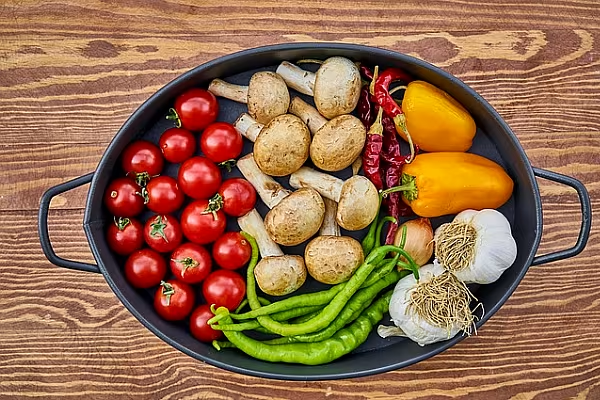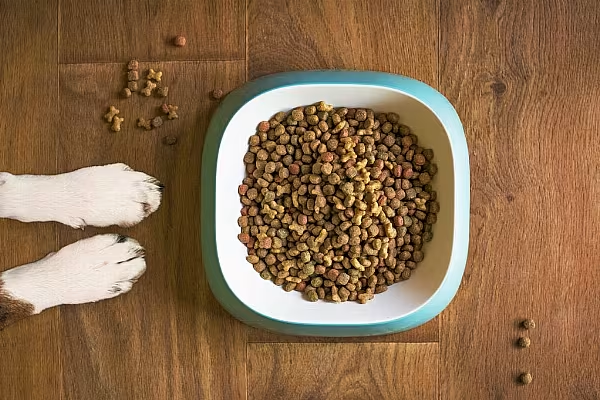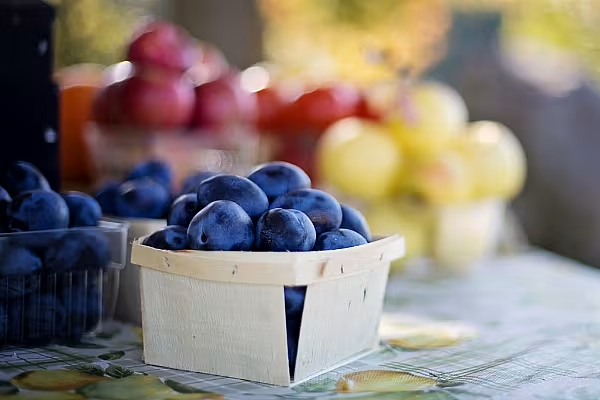Sales in the Italian organic sector exceeded €3.5 billion in 2018, up 8% on the previous year.
The latest sector data from Assobio and complied by Nomisma indicates that large-scale retail accounts for around 45% of the total turnover of the organic sector in Italy, a 14% increase on the previous year.
Supermarkets and hypermarkets are the main driving force of this growth, the data showed.
The top ten best-selling organic product ranges including eggs, jams, puffed cereal cakes, milk alternatives, fresh milk, semolina pasta, oils, yoghurt, vegetables and cookies.
Consumer Focus
The data found that Italian consumers are increasingly focused on maintaining an eco-friendly diet – some 52% purchase organic due to the perceived health benefits or due to doctors' advice, 47% believe that organic is a guarantee of quality, while 26% purchase organic due to environmental reasons.
Some 58% of consumers cite the importance of Italian origin of raw materials as a key purchase driver, while 54% cite the quality of ingredients and 46% noted organic production methods.
Last year, 81% of Italian households, equating to around 21.5 million consumers, bought at least once organic product, and 32% of families bought organic products every week.
Private Label
Private label is becoming a real driver for organic sales, accounting for 41% of sales in large-scale retail (+11%).
In Italy, 15.5% of the national agricultural area is dedicated to organic farming. Across Europe, Austria is the leader with 21.9%, followed by Estonia (18.9%), Sweden (18.8%) Latvia (14.3%) and Switzerland (13.5%).
© 2019 European Supermarket Magazine – your source for the latest retail news. Article by Branislav Pekic. Click subscribe to sign up to ESM: The European Supermarket Magazine











